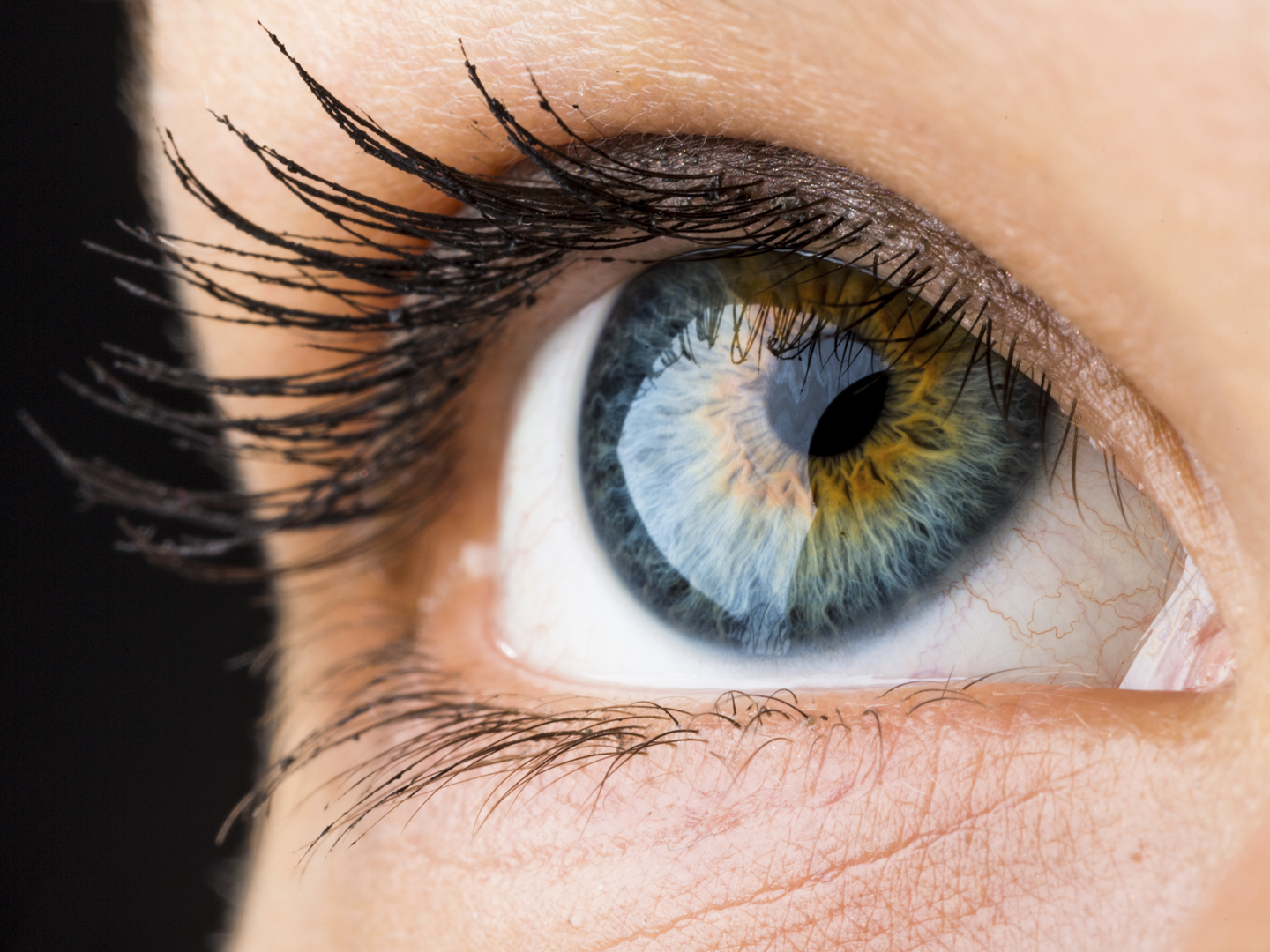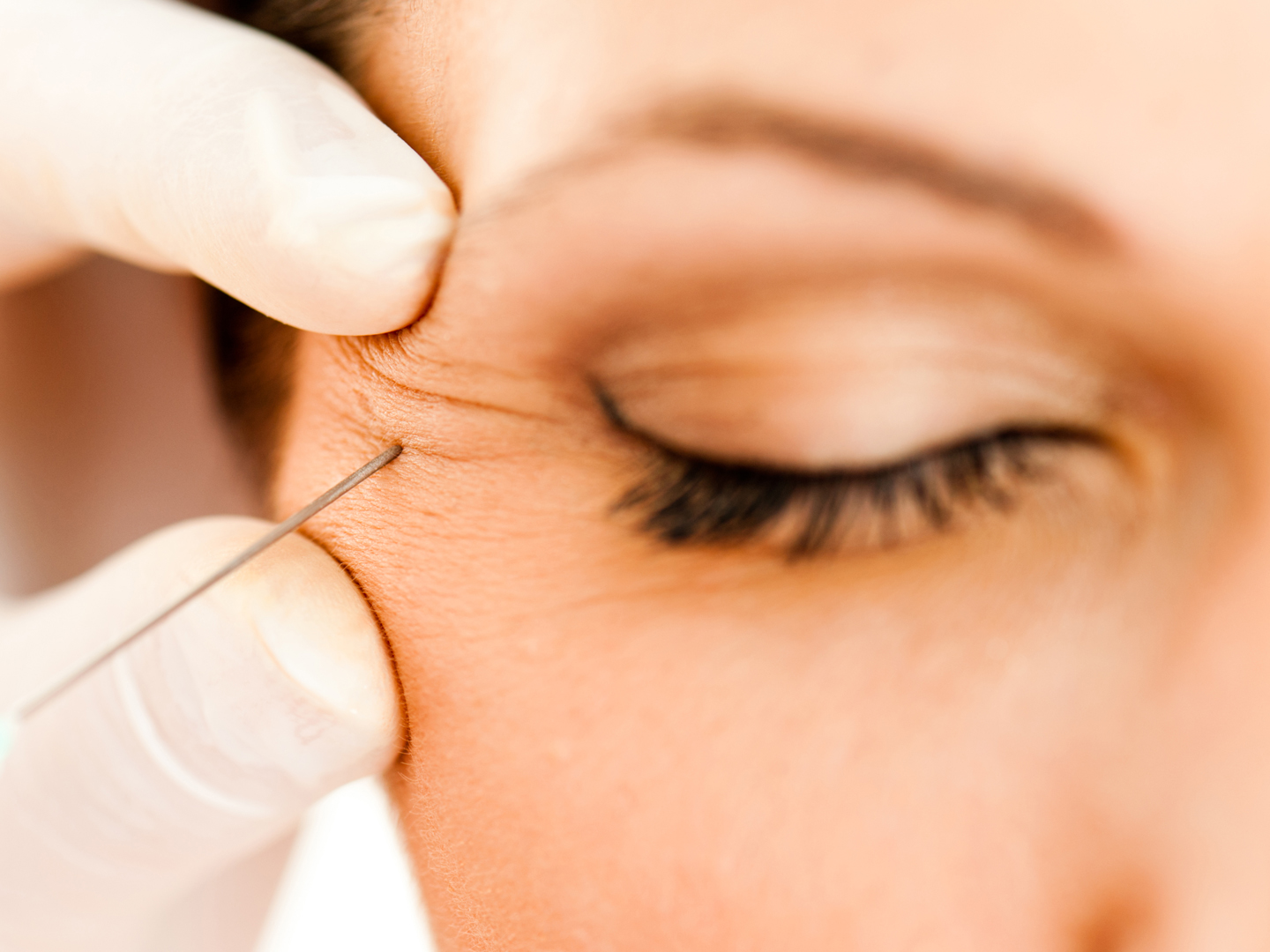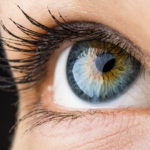Burst Blood Vessels in the Eye?
I have had three blood vessels burst in my eyes over the last two months. I supposed that stress was responsible for the first two, but I did not consider myself under any duress at the time of the third. What causes this, and what can I do to speed healing?
Andrew Weil, M.D. | June 22, 2019

The burst blood vessels you’re describing are subconjunctival hemorrhages. They occur among the many small and fragile blood vessels in the conjunctiva, the clear membrane that covers the whites of the eyes and lubricates and protects the eyeball.
When one of these tiny blood vessels bursts, you will notice a bright red or dark spot on the white of an eye. This can result from any number of trivial occurrences – sneezing, coughing, straining, crying, vomiting, rubbing your eyes, contact lens use (in younger patients) or trauma (such as a foreign object injuring your eye), but most of the time no obvious cause can be identified. There are rarely any other symptoms, although sometimes you may feel some pain or mild irritation.
You may be at greater than normal risk of these little hemorrhages if you’re taking medications or supplements that thin the blood, including warfarin (Coumadin), aspirin, Plavix, or high doses of vitamin E or fish oil . Sometimes, the burst blood vessels are associated with high blood pressure, diabetes or with conjunctivitis (inflammation of the membrane due to infection or allergy).
Most of the time, the signs of the hemorrhages clear up without treatment, usually within a week or two. You may be able to prevent recurrences by taking vitamin C, 200-250 mg a day, which helps strengthen blood vessel walls, and by taking grape seed extract or Pycnogenol, which contain antioxidant pigments that do the same. Consult your doctor if you experience pain in connection with a subconjunctival hemorrhage, if you notice any changes in vision, have a history of a bleeding disorder, high blood pressure, or have injured your eye. Unless advised otherwise by your health care provider, don’t take aspirin, ibuprofen, naproxen, or other nonsteroidal anti-inflammatory drugs, which can increase bleeding. If your eye feels irritated, artificial tears may be prescribed. You may be able to speed healing by applying warm soaks to your eye.
Andrew Weil, M.D.
Source:
Bercin Tarlan and Hayyam Kirati, “Subconjunctival Hemorrhage: risk factors and potential indicators,” Clinical Ophthalmology, June 12, 2013, doi:10.2147/OPTH.S35062












